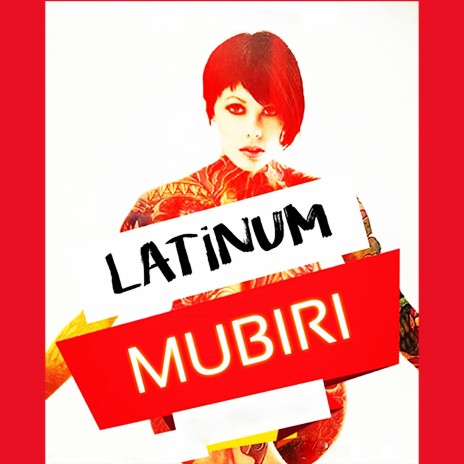

Even students who have been learning Latin for many years, have found that Adler's methodology pushes a 'fast forward' button. Even if you are using another textbook to learn Latin from, as is the case with many users of the Podcast, then these lessons are a useful adjunct. I'm not going to say the lessons are brilliant, but if you have doubts, simply read the recommendations made in the comments section, or try the methodology out for yourself. Part C contains the same material as above, but simply in Latin, first read through slowly, so that you can repeat aloud, then read again for a second time, at a much faster pace. You are encouraged to actively engage with the material by repeating out loud. Part B contains a large number of question-answer sentences, utilising the grammar and vocabulary, presented in English and Latin. Part A is technical, and contains the grammar for that lesson, with some illustraqtive examples. There is no need to ever open the textbook to use the audio lessons, but Adler's textbook is available online for free, and the lessons do follow it closely.Įach lesson is divided into three parts to facilitate this: The podcast aims to get you away from a book, simply listening to Latin, and absorbing it. You'll then be able to *read* Latin, not translate it, which isn't the same thing at all. If you already have a good grammatical base in Latin, then you'll find that Adler's method will flip a switch, and your Latin will spark into life as a living language. Your brain will do most of the work for you, but it needs exposure to the language, away from the confines of a textbook. The idea is that you charge up your mp3 player with Latin, and listen to it for hours a day, even when you are not actually 'learning'. The same goes for Latin itself, just as a student of French tries to use the 'language lab' as much as possible, because it is the fastest way to learn a language, the same is true for Latin.
#LATINUM PODCAST HOW TO#
The easiest way to learn how to read Latin poetry, is to listen to it read. However, the actual language lessons (which are still in the process of being recorded) only comprise a small part of the 'total package' offered by the Podcast.įor example, the Podcast offers a large number of classical texts read aloud :- Catullus, Horace, Cicero, Martial, etc.

The idea behind the podcast, and Adler's method, which is a Latin 'Ollendorff', is to learn Latin as a spoken language, with the understanding that this is the quickest route into the language. Besides, the PoS consensus allows Bitcoin Latinum (LTNM) holders to participate in and secure the network in exchange for rewards.įurthermore, Bitcoin Latinum creates a decentralized financial network for efficient and secure digital asset transactions for media, gaming, cloud computing, and telecommunications.The Latinum podcast contains far more than mere lessons. It is in accordance with the project’s commitment to sustainable environmental practices and support of the Crypto Climate Accord. In addition, Bitcoin Latinum takes a groundbreaking green initiative to achieve a net-zero carbon footprint by deploying a Power-friendly Proof of Stake (PoS) consensus algorithm.
#LATINUM PODCAST CODE#
The goal is to enhance the Bitcoin code to operate with higher security, increased transactional speed, higher reliability, and lower transaction cost. Based on the Bitcoin ecosystem, Bitcoin Latinum (LTNM) aims to carry forward Satoshi’s idea of making Bitcoin a bankless and peer-to-peer electronic cash system.īased on the source code, protocol, and algorithm of Bitcoin, it is an open architecture cryptocurrency technology project capable of handling large transaction volumes, cybersecurity, and digital asset management.


 0 kommentar(er)
0 kommentar(er)
